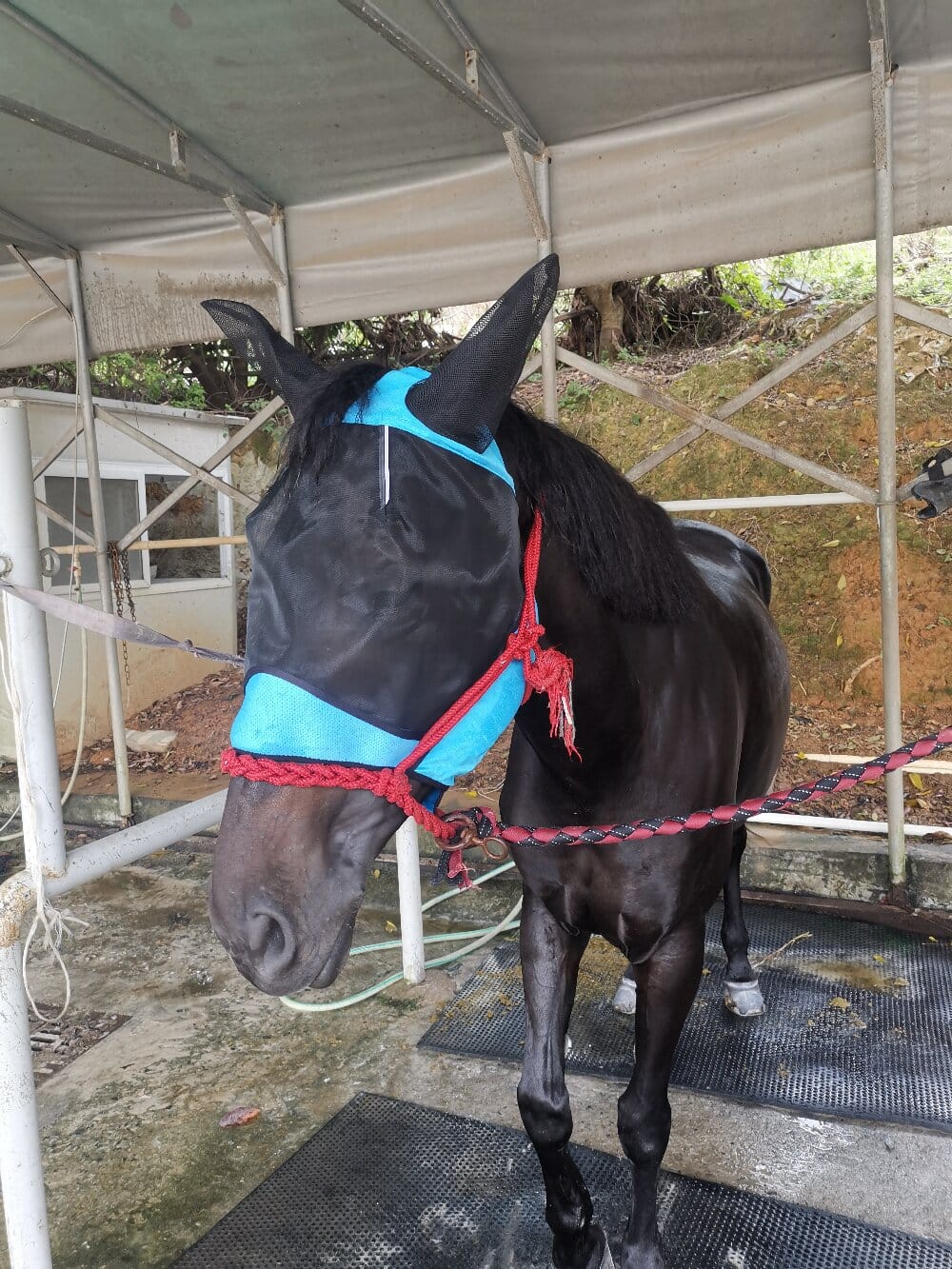When it comes to protecting your horse from pesky insects, a horse fly mask is an essential piece of equipment. These specialized masks shield your horse’s eyes, ears, and face from flies, mosquitoes, and other irritants, ensuring comfort and preventing infections. Whether you’re a seasoned equestrian or a first-time horse owner, understanding the benefits and features of a high-quality fly mask can make a significant difference in your horse’s well-being.
Horses are highly sensitive to insect bites, especially around their eyes and ears. A fly mask serves as a protective barrier, reducing the risk of:
- Eye irritation: Flies can cause conjunctivitis or other infections.
- Allergic reactions: Some horses develop allergies to insect saliva.
- Distractions: Constant swatting at flies can disrupt training or riding sessions.
Experts agree that a well-fitted fly mask is a simple yet effective solution to these common problems.
Choosing the Right Horse Fly Mask
Not all fly masks are created equal. Here are key factors to consider when selecting one:
- Material: Look for breathable, UV-resistant fabrics like mesh or polyester.
- Fit: Ensure the mask covers the eyes and ears without restricting movement.
- Durability: Reinforced stitching and adjustable straps enhance longevity.
- Visibility: Some masks include ear covers or extended nose protection.
Veterinarians and equine specialists recommend trying a few styles to find the best fit for your horse’s unique needs.
Expert Opinions on Fly Mask Benefits
Equine professionals emphasize the long-term advantages of using a horse fly mask. Dr. Sarah Thompson, a renowned equine veterinarian, states, “Fly masks not only prevent insect-borne diseases but also reduce stress in horses, leading to better performance and overall health.” Similarly, professional trainers highlight how masks improve focus during competitions by minimizing distractions.
Common Misconceptions About Fly Masks
Some horse owners hesitate to use fly masks due to myths such as:
- “Masks impair vision”: Modern designs use fine mesh that doesn’t obstruct sight.
- “They’re only for summer”: Insects can be a year-round problem in certain climates.
- “All masks are the same”: Customizable features like ear covers or nose flaps cater to specific needs.
Dispelling these misconceptions helps owners make informed decisions.
Maintaining Your Horse’s Fly Mask
Proper care extends the life of your fly mask. Follow these tips:
- Regular cleaning: Hand-wash with mild soap and air-dry to prevent damage.
- Inspect for wear: Check for frayed edges or loose straps before each use.
- Store properly: Keep the mask in a dry, cool place when not in use.
A well-maintained mask ensures continuous protection and comfort for your horse.
Conclusion
Investing in a high-quality horse fly mask is a small step with significant benefits. From preventing infections to enhancing your horse’s comfort, these masks are a must-have for any responsible owner. By considering expert advice and selecting the right design, you can ensure your equine companion stays happy and healthy, no matter the season.

